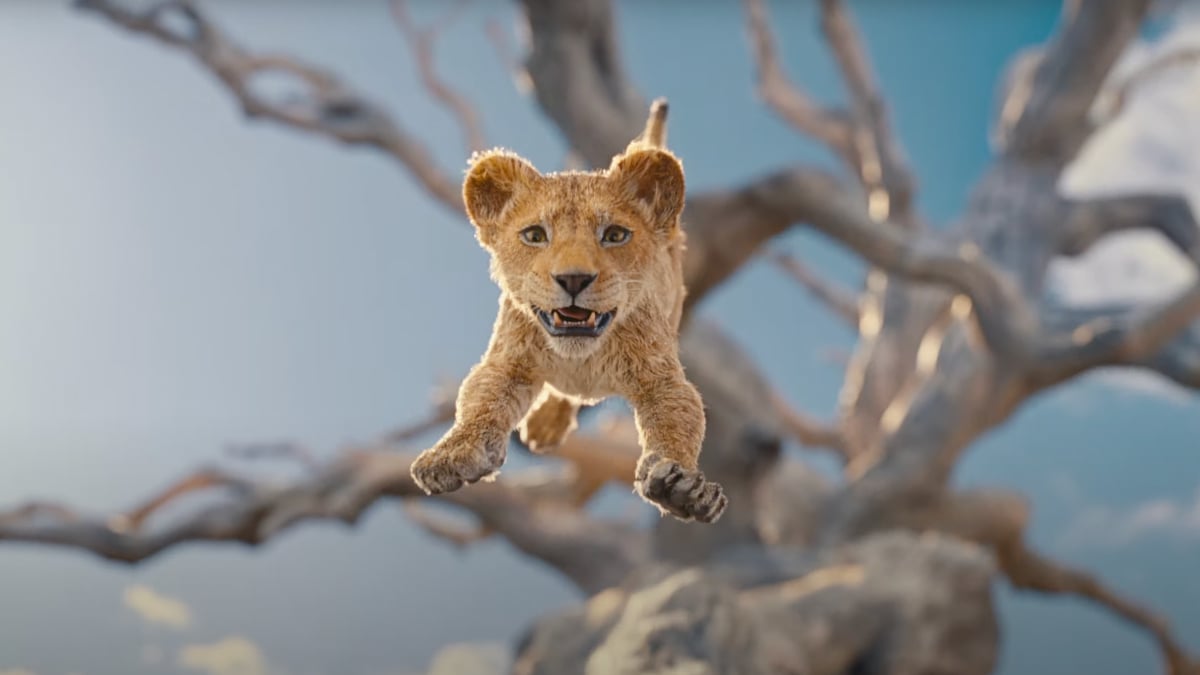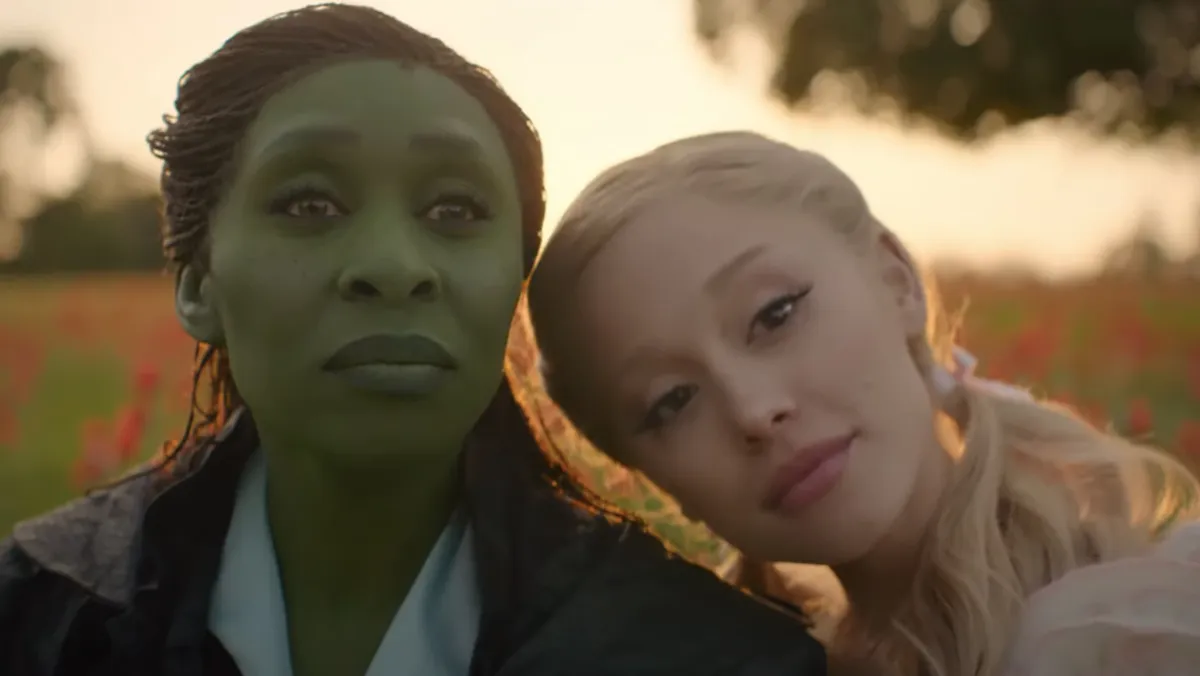In an effort to diversify its directing pool, and the directing pool of Hollywood in general, Warner Brothers created its first Emerging Directors Program this year in an attempt to encourage and support marginalized talent. Those awarded the opportunity to participate in the workshop were announced today, and guess what? They’re majority female!
According to Variety, this inaugural year of the Warner Bros. Emerging Directors Program drew 5,000 applications from which they selected 5 participants. Each participant will direct a short film while in the program and will be given a $100,000 budget. In addition, they will go through “a process that mimics Warner Bros. Pictures’ feature process from beginning to end, including script development, full prep, a shoot on the historic Warner Bros. lot, and full post production.”
That’s a pretty sweet deal! Even sweeter is that of the five participants they chose, four are women, and two are people of color! They are:
“Kristin Burke, who has worked as a movie costume designer for 25 years, working on such movies as New Line’s The Conjuring. Burke has written, directed, edited, and produced three original short films.
Justin Floyd, a graduate of Fullerton College and the Inner City Filmmakers program. The Los Angeles native has worked as a production assistant on Fast & Furious 8 and Sinister 2, and written, produced and directed four short films.
Alexis Korycinski, a Syracuse University graduate who spent her first few years after college producing documentaries and directed her own in 2011. She has also directed and produced three original narrative short films. In 2014, she participated in the AFI’s Directing Workshop for Women and she’s also a participant in the Ryan Murphy Television Half Foundation’s mentorship program, through which she’s shadowed directors on shows such as American Horror Story.
Elaine Mongeon, who is from Nantucket, Mass. After attending Boston University, she moved to Los Angeles and eventually became the assistant to director Greg Jacobs, working with him on nine different films.
Xu Zhang, who grew up in southern China, where she attended the Zhejiang University. She earned her MFA in Film & TV Production at University of Southern California, during which time she worked on more than 20 short films, directing several of them.”
While each of these participants seems extremely deserving, and I’m thrilled by the gender and racial breakdown, this news highlights some concerns I have about diversity programs like this in general. Namely that despite the intention of programs like this to seek out new voices, they don’t actually move the needle the way in which we need it to be moved.
First of all, let’s start with the fact that they only select 5 participants out of 5,000 applications. Granted, I’m sure they only allotted $500,000 for this effort and so thought they couldn’t afford to have more people participate. However, these directors likely don’t need $100,000 to create a short film of quality, considering that all of them have already created work on far less. Choose 10 participants and give them each $50,000. Choose 20 and give them each $20,000. For a short film, that’s plenty! What’s important in this opportunity isn’t the budget so much as the access, the opportunity to work with world-class filmmakers and producers. The opportunity to take advantage of all the resources Warner Bros. has to offer, make studio and industry contacts, and to have Warner Bros. Pictures behind your film once it’s finished, introducing it to the world and getting it seen by more people than might be likely otherwise.
If this program is an effort to nurture a more diverse crop of directors, doing it 5 directors at a time once a year is going to take forever.
The other thing that concerns me–not only about this program, but about other writing and talent fellowships and programs–is that they seem to draw from a pool of people who’ve already made some progress in the industry. All of the selected participants in this program, for example, have either worked in the industry, or attended a film school that provides a pipeline into the industry anyway. It begs the question, if the purpose is to discover new talent and to nurture diverse voices, why does the searching keep happening so close to the industry? Why is the net not cast a bit wider?
I’m not trying to outright harsh on efforts like this. They’re important. But they’re also baby steps. I’m still waiting for Hollywood to start taking the steps of a grown-ass adult who knows what needs doing.
(via The Nerdy Bird, image via Warner Bros.)
Want more stories like this? Become a subscriber and support the site!
—The Mary Sue has a strict comment policy that forbids, but is not limited to, personal insults toward anyone, hate speech, and trolling.—
Follow The Mary Sue on Twitter, Facebook, Tumblr, Pinterest, & Google+.









Published: Nov 1, 2016 05:25 pm